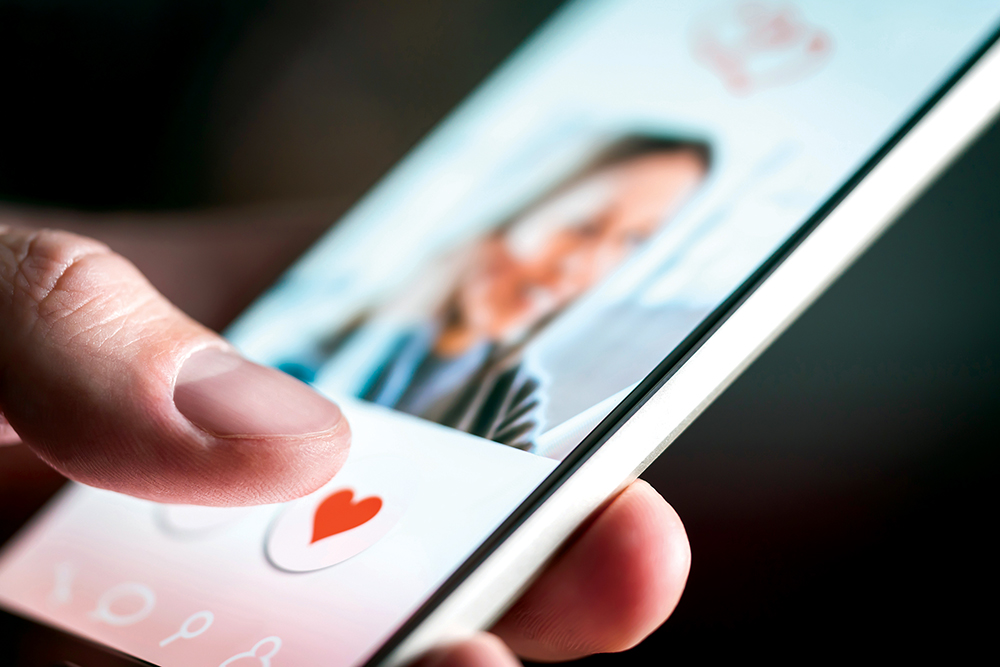I am breaking my own rule not to discuss my current love life.
That rule is meant to keep a comfortable distance from any unhealed bruises to my ego. It’s a technique to keep me from using this platform as a pulpit from which to indict lovers who could’ve been more. I am trying to favor reflection over catharsis. I believe in perspective. I know I have it in me, waiting to explode like a field of dandelions or a big drum solo. I know it’s coming.
It’s not here yet. As I write, I am waiting for one final disappointment, the last unkept promise I’ll hear from my most recent lover. Once, at an art gallery, we walked into a room, and he gasped at one of the paintings; it was beautiful. Once we kissed under an archway of peonies. We dated for two weeks, spent Thanksgiving together. He dumped me.
I’ve never been more classically dumped in my life. Fired by the book: “I’m busy,” “I’m not ready to commit,” “I’m in a strange place right now.” I’ve had lots of soft rejections. I’ve felt the vibes change before. I can tell when someone is slowly backing away, quietly gathering the confetti of defunct grand overtures. But I’ve never had someone dial me up to confess something nagging at “the pit of his stomach.”
I was blindsided. I wish I wasn’t, but I still am.
I’m gentle with people. I try to understand. There’s an armchair therapist inside me who desperately wants to connect the dots between thoughts, feelings, and behaviors; yes, even when their effects hurt me. I’m tough on myself. I hold a swinging lamp to my memory when things don’t work out, trying to torture a confession out of some past self who was willingly duped by the lover. Where were the red flags? I demand. Show me how I failed me.
None of this is revelatory. My friends are like this. We grill ourselves, and over the years, as we’ve gotten older and gripped with some self-development cocktail of psychiatry and yoga, we’ve toughened on each other. In the past couple of weeks, I’ve had much support from friends in the vein of demonizing my once-lover in well-meaning consolation. But I’ve also had two friends mention, “I wish men would just tell the truth,” to which I’ve asked, “That he’s just not that into me?”
“Yes.”
This one was already slated to be a challenging long-distance relationship, of which I was immediately suspicious. So much so, in fact, that during our very first kiss, I paused to say, “You’re not moving to Memphis” — a dramatic suggestion made to me on a few occasions that I simply found far-fetched. I trusted this would work out because I was told it would. For obstacles I hadn’t even perceived yet, solutions were presented. Timelines. A plan for how it would, indeed, defy the odds. So I became a believer. When someone is doing and saying everything right, and you feel appreciated and secure in a courtship, you believe. “Ain’t it nice to be courted proper for a change?” I joked on Facebook. And it was.
What followed was a surprise in the way disappointment always is, and I was emptied of the hope that buoyed me. Plans to phone or see me never materialized over the course of about 48 hours until a break-up call that was so jarring I still cannot understand what happened to change the trajectory of this relationship. I’ve been so confused that I’ve entertained this kite catching a second wind even as I’ve cried and booked a spontaneous house-swapping trip to Sweden as a big self-love Christmas gift.
But that’s just it. Life is mysterious. It is not for me to understand every lover — devil or angel — nor is it productive to accept so much fault in not being the psychic who could predict it wouldn’t work out. Sometimes the signs aren’t there. And even when they are, improve yourself with discernment, sure, but forgive yourself with sympathy, too. Outrage at what I didn’t and couldn’t and can’t know has never helped me move on or take care of my heart.


